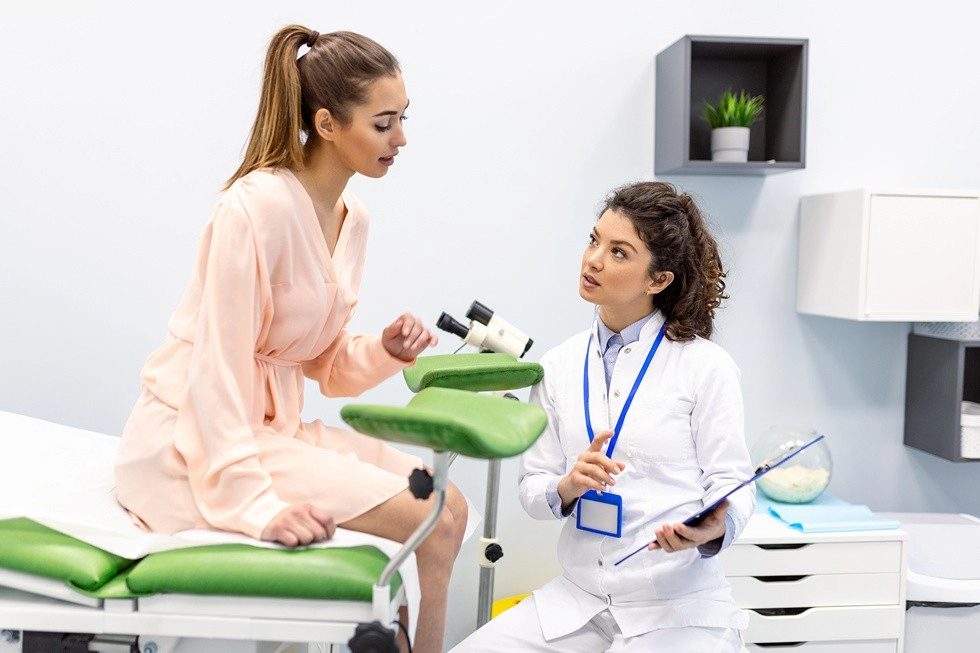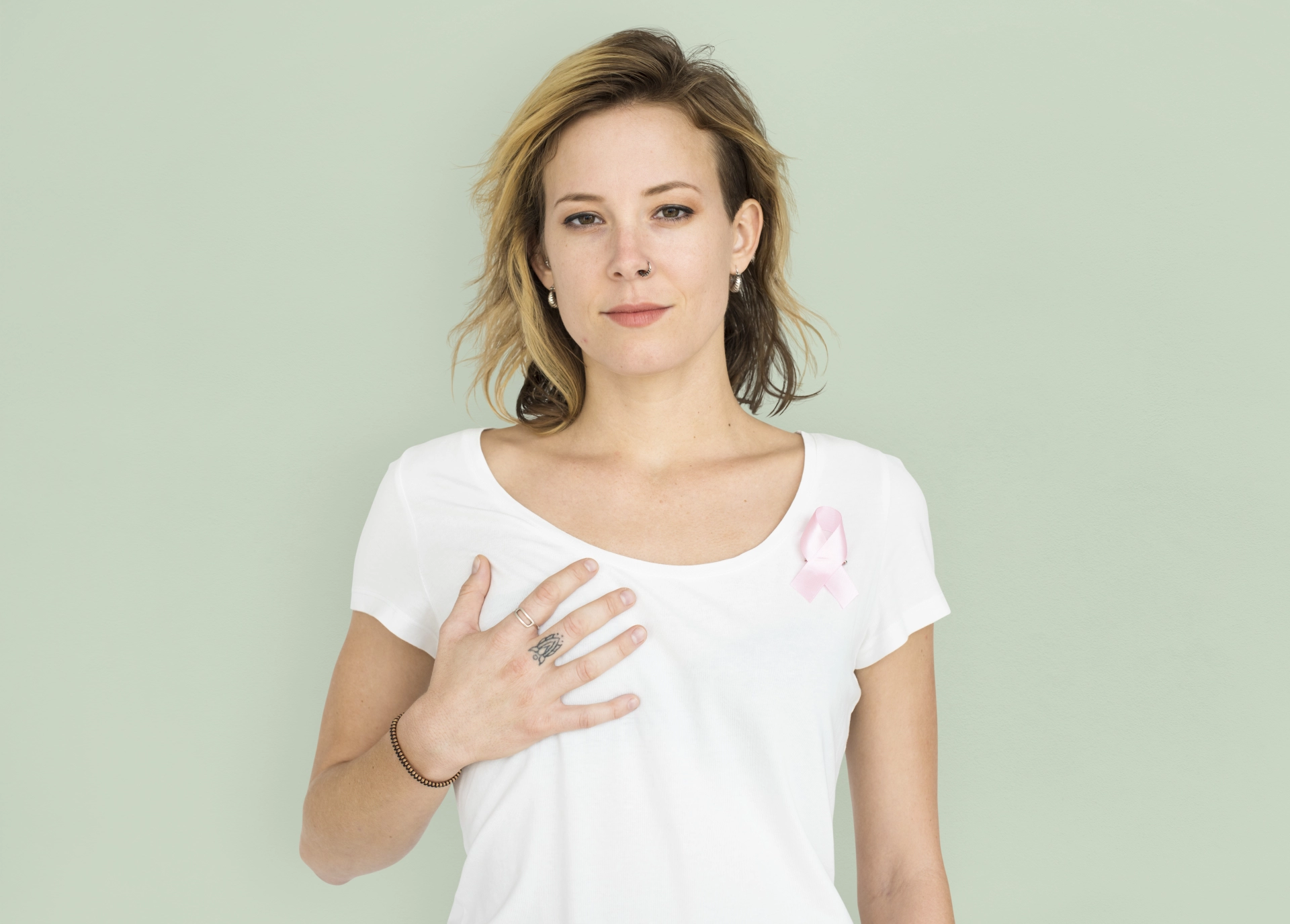How is bacterial vaginosis transmitted?
Bacterial vaginosis is a very common disease. It occurs in 23-25% of women of reproductive age. Bacterial vaginosis can also be transmitted by contact, using another person's hygiene products, wearing an infected person's underwear. Gardnerellosis or bacterial vaginosis is transmitted sexually, including including oral and anal sex.
3 stages of bacterial vaginosis are distinguished;
1.Acute, when the patient has pronounced clinical manifestations: pain in the lower abdomen, abundant discharge with a specific odor, pain during sexual intercourse.
2.Subacute, when clinical manifestations are weakly expressed.
3.Latent, when symptoms are practically absent.
Bacterial vaginosis usually does not cause complications. Sometimes bacterial vaginosis can lead to the following consequences:
•premature birth and low birth weight babies
•women with bacterial vaginosis become more vulnerable to sexually transmitted infections, such as herpes virus, chlamydia, ureaplasma, mycoplasma, even HIV.
Having bacterial vaginosis can increase the development of postoperative complications.
Bacterial vaginosis can cause pelvic inflammatory disease, which can increase the risk of infertility.
The causes of bacterial vaginosis are many:
•violation of hygiene rules
•chronic intestinal diseases
•previous inflammatory diseases of the genitourinary tract
•decreased immunity
•atrophy of the vaginal mucosa
•hormonal imbalance
Men can also become a target for the pathogenic Gardnerella Vaginalis. Men can become both carriers and spreaders of this infection. If not treated in time, Gardnerella can cause inflammation of the urethra (urethritis). The latter is a fairly common disease. Symptoms of inflammation of the urethra are discharge, burning, painful urination, itching, and even blood in the urine. An untreated sexual partner is an important cause of recurrence of the infection. Therefore, during bacterial vaginosis, you should use a condom and avoid promiscuous sex.
Treatment of bacterial vaginosis
Bacterial vaginosis is amenable to treatment with antibiotics and probiotics and is completely curable.






